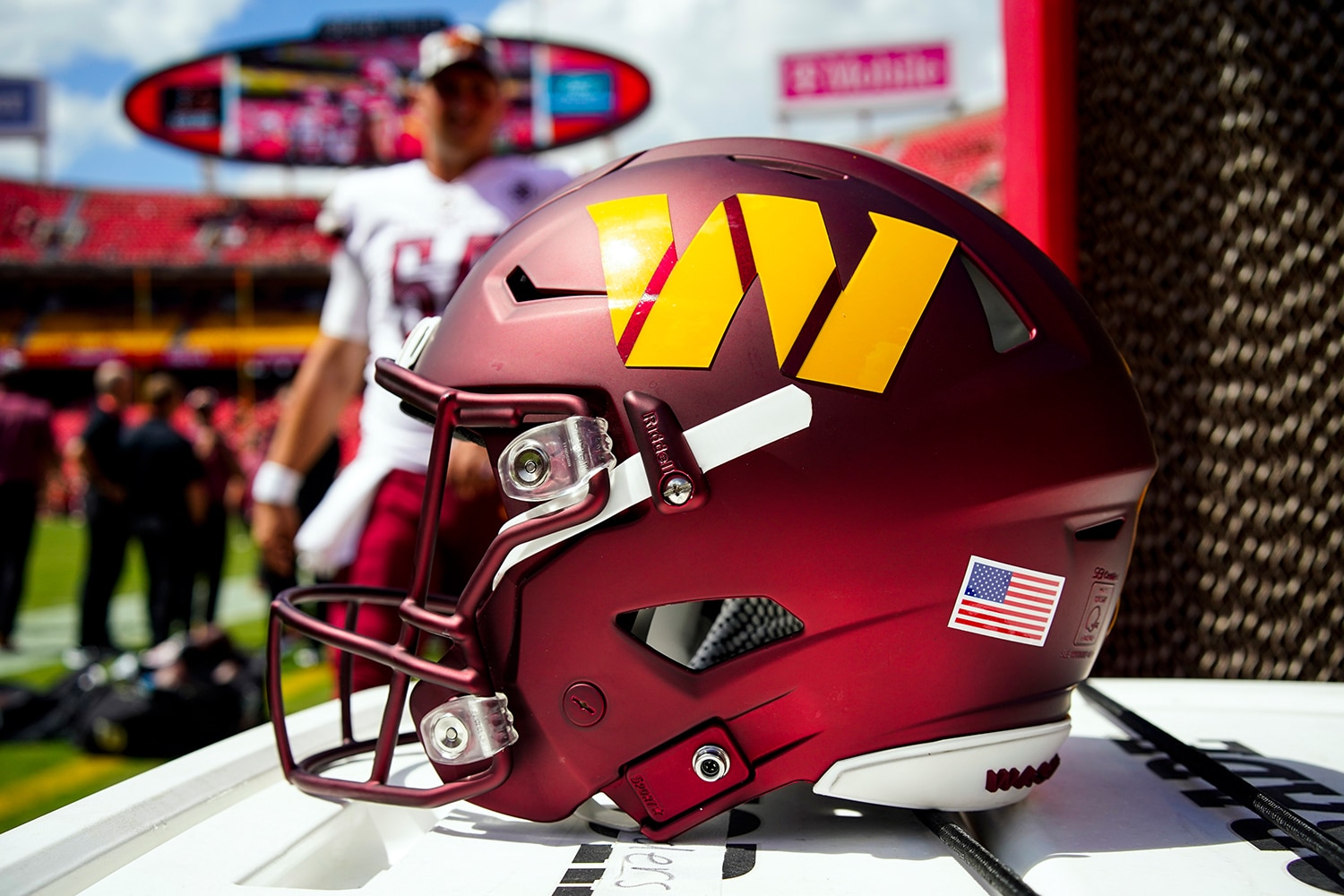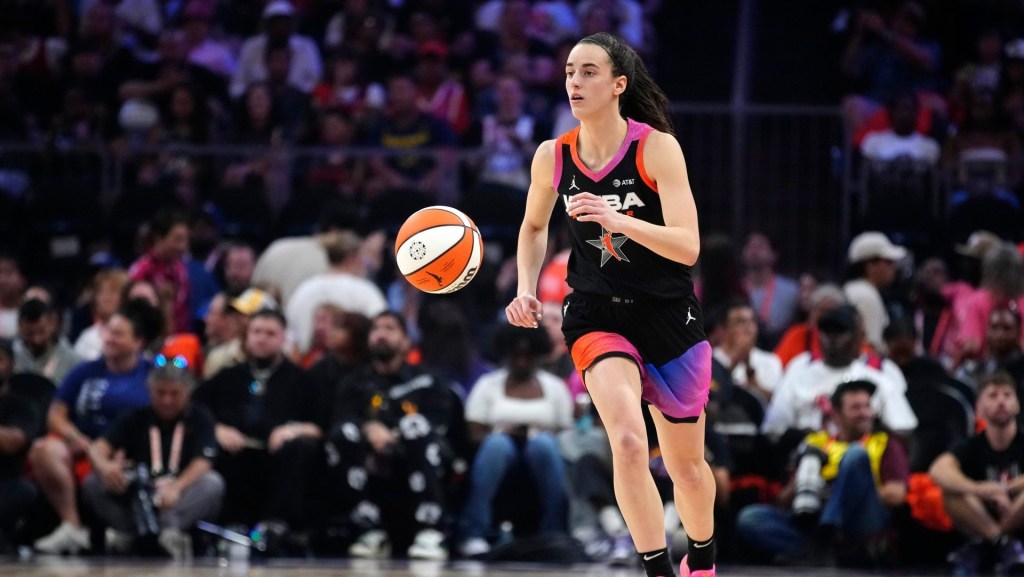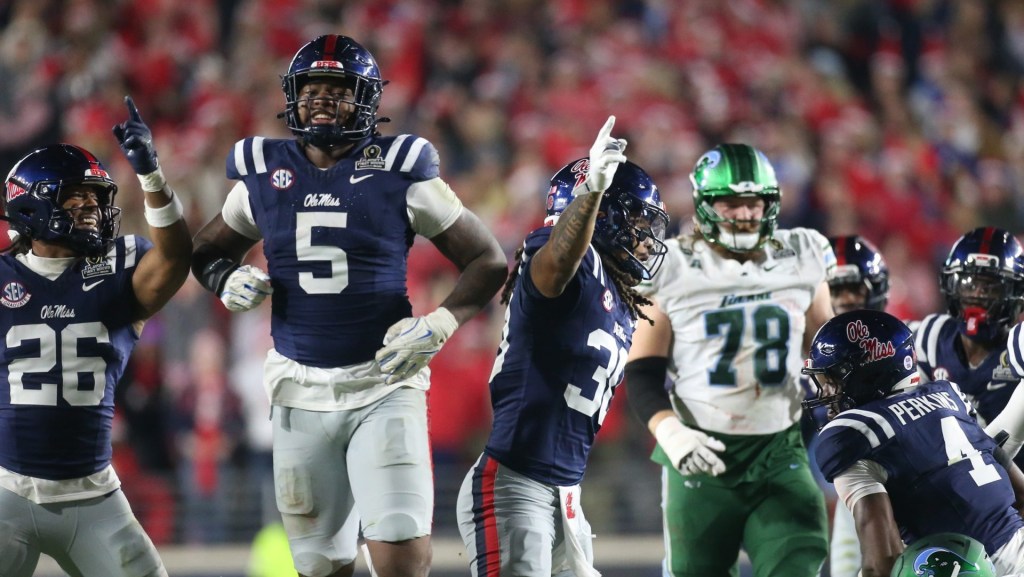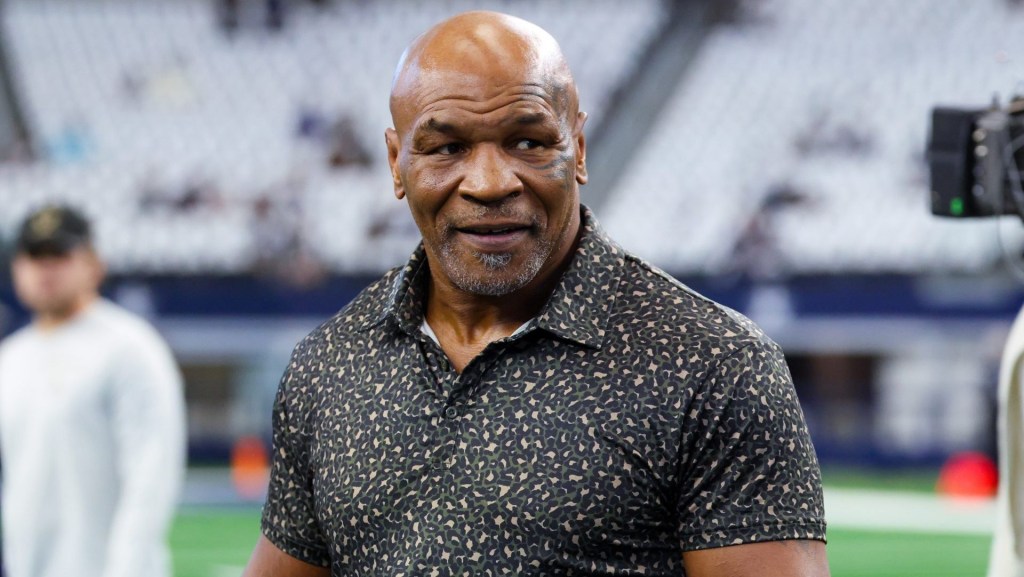Less than two weeks after wannabe Washington Commanders owner Brian Davis sued Bank of America for $500 billion, Davis has dropped the litigation.
The former Duke men’s basketball player’s attorney Jeffery Martin’s notice of voluntary dismissal was accepted by U.S. District Court Judge Deborah L. Boardman on Thursday.
There are no indications in court records that there was any type of settlement.
The move comes in the aftermath of a Friday hearing where Ava E. Lias-Booker, one of Bank of America’s attorneys, questioned the authenticity of the claims at the center of the case.
“The documents we have in our possession raise considerable concerns about their genuineness,” Lias-Booker said.
During the hearing Boardman also questioned whether Davis met the requirements needed to secure a temporary restraining order requested by Martin on Davis’ behalf.
“Given the judge’s preliminary assessment of the case in which she appeared skeptical of Urban Echo’s claims, Davis may have weighed the very low likelihood of success versus the huge downside risk of further scrutiny, and decided the juice wasn’t worth the squeeze,” said sports law attorney Daniel Wallach, co-host of the Conduct Detrimental podcast.
Messages left with Martin and Bank of America were not immediately returned.
Davis alleged in the lawsuit filed on May 19 that Bank of America “failed to deposit the bank drafts” sent by his company, Urban Echo Energy, that totaled $5.1 billion. The two transfers were part of Davis’ push to enter the bidding process for the Commanders.
There had been questions about the funds that Davis claimed back his $7 billion bid for Commanders, and the documents submitted as part of the lawsuit and others FOS reviewed failed to shed any more light on the source of the money.
Sources previously told FOS Davis was never a contender for the Commanders, a team Josh Harris entered into an agreement to purchase from current owner Dan Snyder for $6.05 billion on May 12.
The original award amount sought was more than double the largest settlement in U.S. history: the 1998 deal reached with multiple tobacco companies. It was also nearly $300 billion more than Bank of America’s market cap.
Days after the lawsuit was filed, the monetary demand dropped to $999,0000.
“While the court may have closed the books on this case, Bank of America may have different ideas — not to mention a legal obligation — regarding the next steps,” Wallach told FOS.







![[Subscription Customers Only] Jun 15, 2025; Seattle, Washington, USA; Botafogo owner John Textor inside the stadium before the match during a group stage match of the 2025 FIFA Club World Cup at Lumen Field.](https://frontofficesports.com/wp-content/uploads/2026/02/USATSI_26465842_168416386_lowres-scaled.jpg?quality=100&w=1024)
![[Subscription Customers Only] Jul 13, 2025; East Rutherford, New Jersey, USA; Chelsea FC midfielder Cole Palmer (10) celebrates winning the final of the 2025 FIFA Club World Cup at MetLife Stadium](https://frontofficesports.com/wp-content/uploads/2026/02/USATSI_26636703-scaled-e1770932227605.jpg?quality=100&w=1024)








